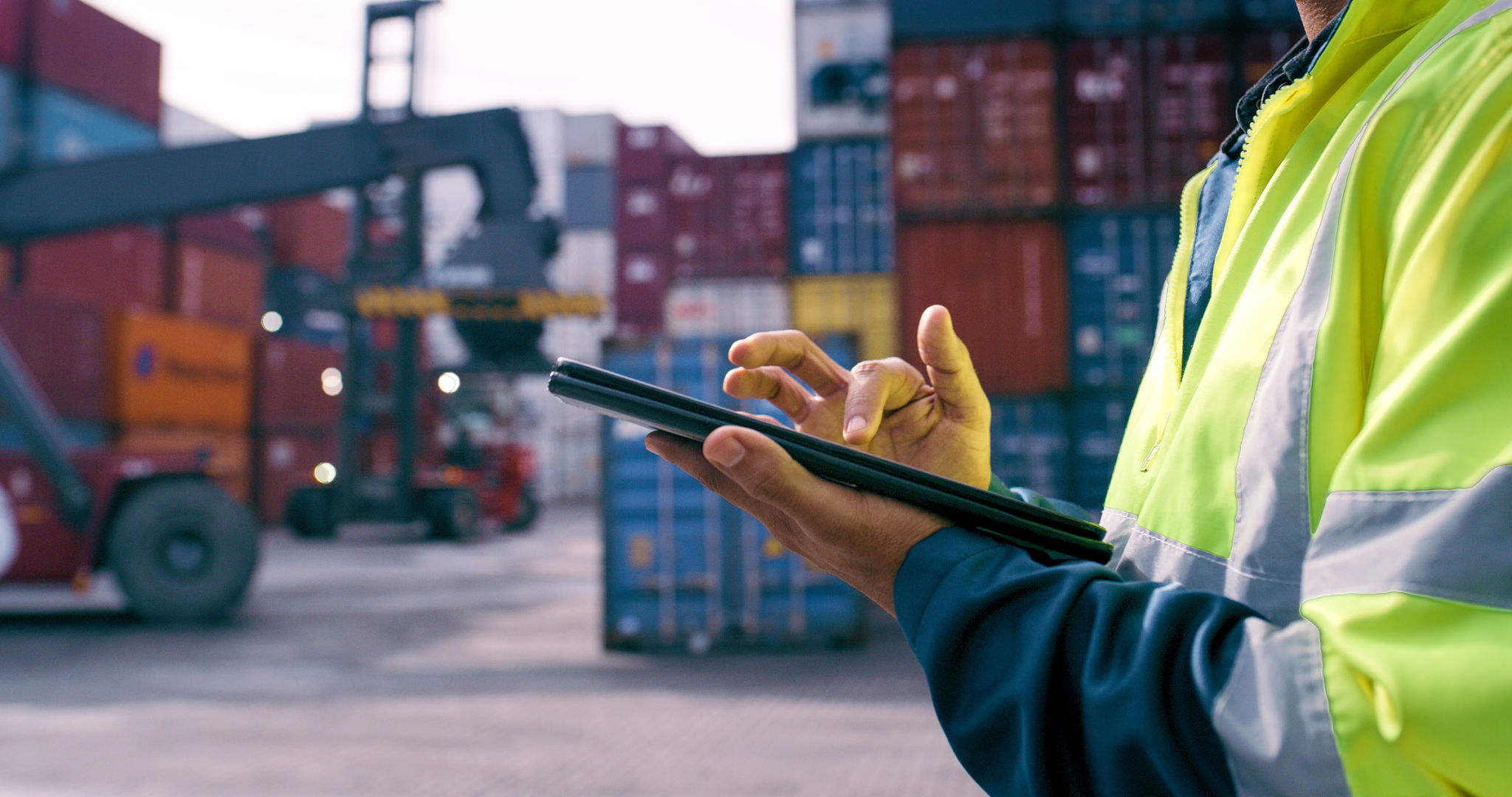Common Misconceptions About Freight Transport Debunked
Understanding Freight Transport: Breaking Down the Myths
Freight transport is a crucial component of global trade, yet many misconceptions persist about how it functions. These misunderstandings can affect businesses and individuals who rely on logistical solutions. In this article, we aim to debunk common myths surrounding freight transport, providing clarity and insight into this vital industry.

Myth 1: All Freight Transport is the Same
A common misconception is that all freight transport services are uniform. In reality, freight transport encompasses a variety of options, each tailored to different needs. Modes such as air, sea, road, and rail offer distinct advantages and limitations. For instance, air freight is ideal for speedy delivery of goods over long distances, whereas sea freight is more cost-effective for bulk shipments.
Additionally, specialized services like refrigerated transport for perishable goods or heavy haulage for oversized items further diversify the choices available. Understanding these differences is crucial for selecting the right service to meet specific logistical requirements.

Myth 2: Freight Transport is Expensive and Inaccessible
While freight transport can be costly, it is not inherently expensive or inaccessible. Costs vary significantly depending on factors such as distance, weight, and the mode of transport chosen. Businesses can manage expenses effectively by optimizing their shipping strategies and working with logistics providers to explore cost-saving opportunities.
Moreover, advances in technology have made freight transport more accessible. Online platforms allow businesses to compare rates from different carriers and streamline their logistics processes. This increased accessibility enables even small businesses to leverage global shipping networks efficiently.
Myth 3: Freight Transport is Unreliable
Some believe that freight transport is fraught with delays and uncertainties. However, the industry has made tremendous strides in improving reliability. Enhanced tracking technologies provide real-time updates on shipment progress, allowing businesses to plan with greater accuracy.

Moreover, logistics providers have established robust networks and contingency plans to mitigate disruptions. While unforeseen events can occur, the industry's commitment to reliability ensures that shipments reach their destinations as planned more often than not.
Myth 4: Environmental Impact is Ignored
There is a growing concern about the environmental impact of freight transport. However, many companies are actively working to reduce their carbon footprint. Initiatives such as investing in fuel-efficient vehicles, optimizing routes to reduce emissions, and exploring alternative energy sources demonstrate a commitment to sustainability.
Furthermore, some logistics providers offer carbon offset programs, allowing businesses to compensate for their environmental impact. These efforts contribute to a more sustainable future while maintaining efficient supply chains.
The Importance of Accurate Knowledge
Debunking these misconceptions provides a clearer understanding of the freight transport industry and highlights the importance of making informed decisions. With the right knowledge, businesses can navigate logistical challenges effectively and maximize the benefits of global trade.
By staying informed and embracing technological advancements, stakeholders can dispel myths and leverage the full potential of freight transport solutions. This proactive approach ensures that logistics remain a cornerstone of economic growth and connectivity worldwide.
